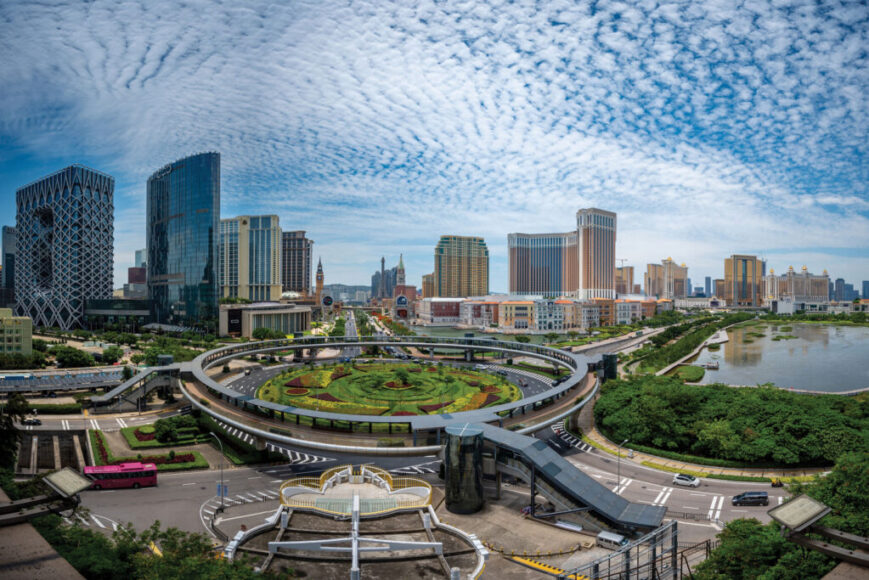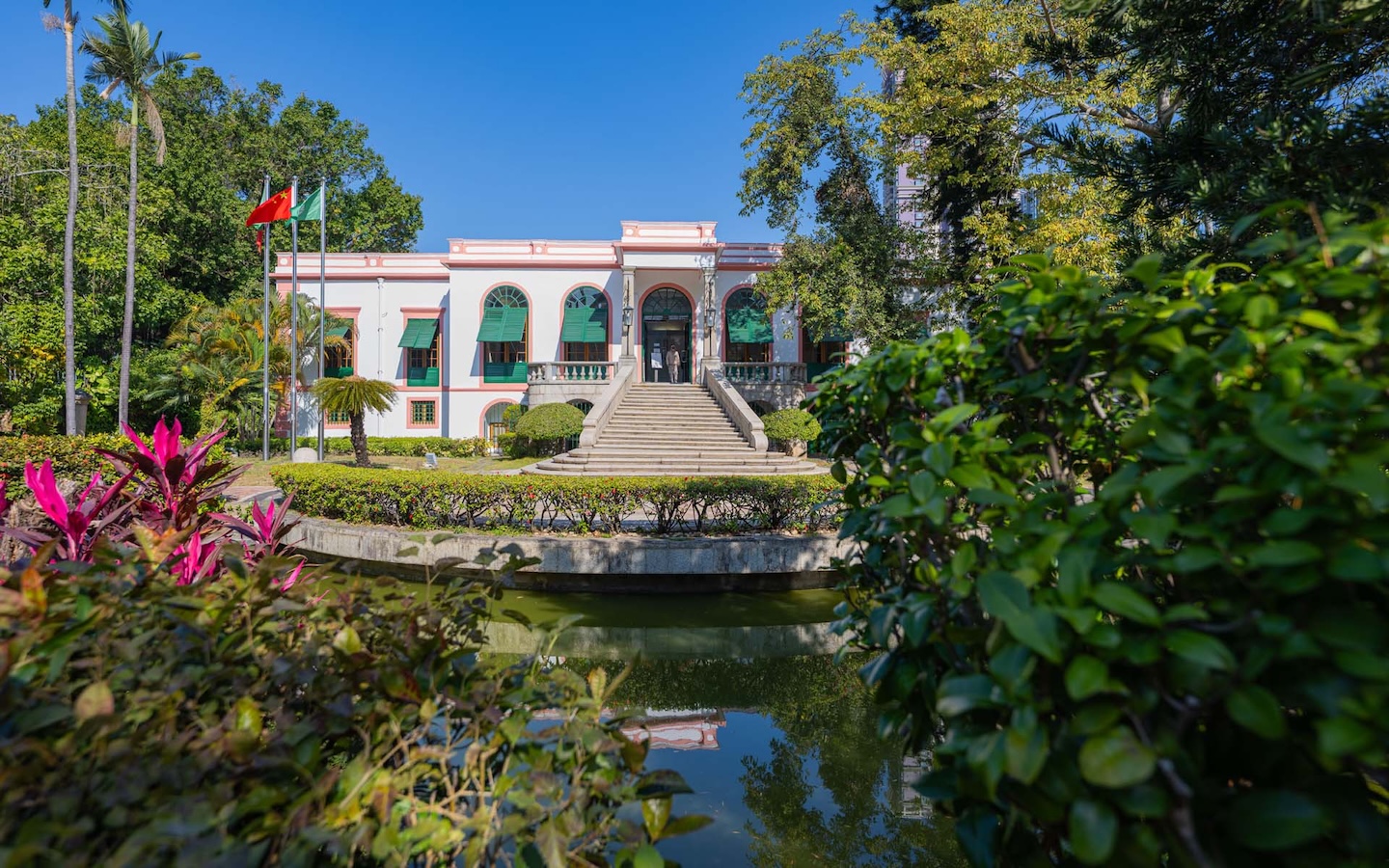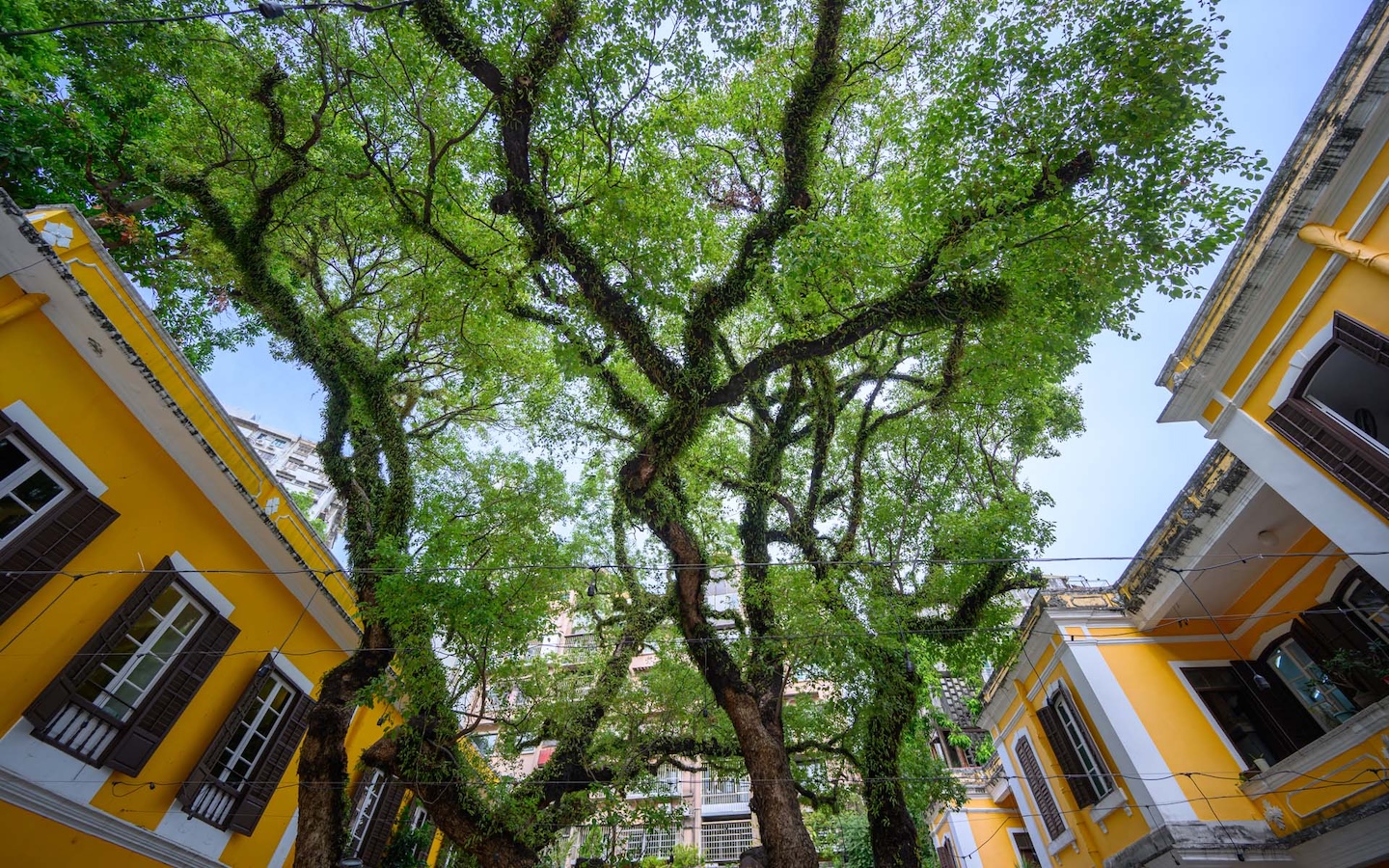The Macao Special Administrative Region (SAR)’s first quarter of a century has been characterised by astounding growth on virtually every level, along with the speedy modernisation of its public administration system. In the process, residents’ lives have improved in leaps and bounds.
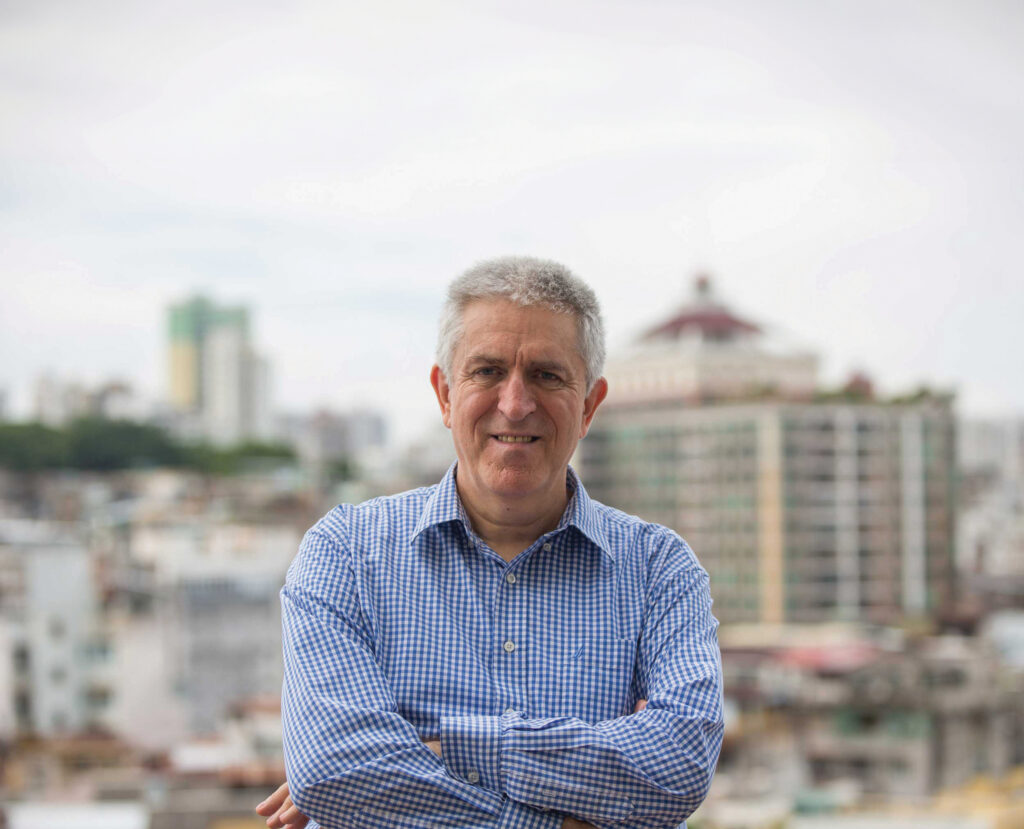
Of course, the SAR’s progress goes hand-in-hand with the mainland’s own stunning economic and technological development drive. The Central Government has provided Macao with consistent, strong support since the region’s return to the motherland, when the Macao SAR was established.
During an inspection visit to Macao in December 2019, President Xi Jinping emphasised that the whole nation was proud of Macao’s achievements and progress since its return to the motherland, and its successful implementation of the ‘One Country, Two Systems’ policy. He praised Macao for actively embracing integration within China’s national development framework.
That visit also saw Xi preside over former Macao Legislative Assembly (AL) President Ho Iat Seng’s swearing in as the SAR’s fifth-term chief executive.
Outstanding gains
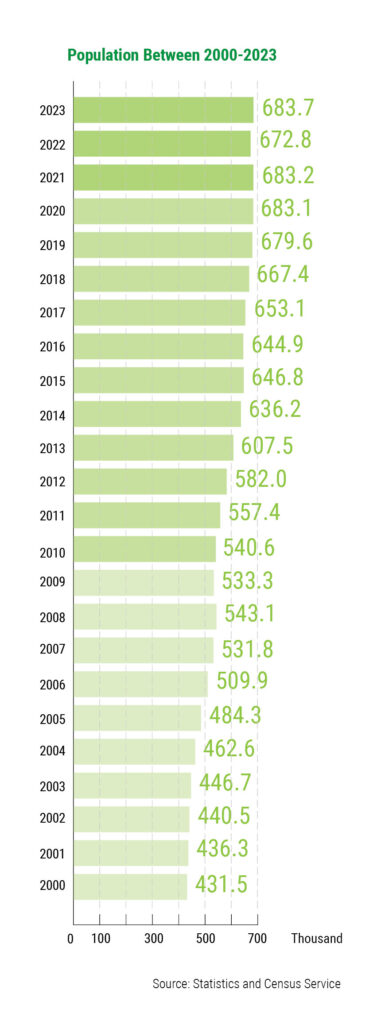
Looking at the figures over the past 25 years, Macao’s growth can only be described as a remarkable accomplishment. For starters, according to official data, Macao’s population rose by almost 60 percent between the first quarter of 2000 and the first quarter of this year.
On the gross domestic product (GDP) front, Macao’s expansion has been equally awe-inspiring. Expenditure-based GDP at current prices rose by nearly 560 percent between 2001 and 2023, hitting 379.5 billion patacas last year. Macao now enjoys one of the world’s highest per capita GDPs when adjusted for purchasing power.
Macao’s tourism and leisure industry is vitally important to its economy and its growth since 1999 has been monumental. The number of visitors arriving in the city grew by 432 percent between 1999 and 2019: from 7.4 million to 39.4 million arrivals. Visitor numbers have not yet fully recovered to their pre-pandemic high and the government has set a target of 33 million arrivals for this year.
The number of hotel guests overnighting in the city grew more than six-fold from 1999 to 2023. The number of hotel rooms in the city, meanwhile, was up almost five-fold.
Ambitious modernisation
Thanks to its rapid economic growth and strong backing from the Central Government, the SAR has been able to pull off an ambitious modernisation drive that began soon after the region’s return to the motherland.
One of the first modernisation measures was the complete overhaul of Macao’s nearly 180-year-old licensed gaming sector, resulting in a world-class collection of integrated resorts run by six operators. The revamp was in line with the Central Government’s plan for Macao to become a ‘World Centre of Tourism and Leisure’.
Indeed, present-day Macao is one of the world’s most visited destinations. It offers tourists a wide range of attractions including UNESCO World Heritage-listed monuments and sites, a multicuisine gastronomy and a unique East-meets-West architectural environment. Moreover, the city is also a major shopping destination thanks to its advantageous position as a separate customs territory with comparatively low taxes and free port.
The swift modernisation drive has included digitalisation of the SAR’s public administration system. Life in the city has become much more convenient through the likes of the Macao One Account mobile app for example, which covers a wide range of public services.
Residents can use it to cross the border with Hong Kong, book vaccinations for their children, pay bills, register their vehicles and all manner of other tasks.
Meanwhile, public entities such as the Identification Services Bureau, Health Bureau and Financial Services Bureau have introduced user-friendly facilities like 24/7 interactive digital kiosks. The Macao Government Information Bureau releases a slew of press releases and transcripts of important speeches in Traditional and Simplified Chinese, Portuguese and English every single day.
Then there’s the city’s physical infrastructure. Two post-1999 bridges between the peninsula and Taipa Island have increased the number of sea-crossing bridges to four. The city’s Light Rapid Transit (LRT) system is developing rapidly, as are various road projects. Macao’s government is also in the midst of an ambitious social housing development plan.
On the health front, the impressive Macao Union Hospital opened its doors to patients earlier this year. This private-public partnership is not only upgrading the quality medical services available for local residents, but helping to diversify Macao’s travel industry by developing a medical tourism sector.
Modernisation also requires large numbers of highly-qualified human resources. Due to Macao’s relatively small local workforce, the government has launched an offshore talent acquisition scheme offering desirable work and residency permits to those willing to lend a hand to Macao’s ongoing development.
Complementary to the recruitment drive, the National Immigration Administration has started issuing mainland travel permits to foreign permanent residents in Macao. These make it far easier for non-Chinese citizens to travel to the mainland and allow stays of up to 90 days per trip. The permits are another incentive for foreign nationals and their families to settle in Macao.
Integration sine qua non
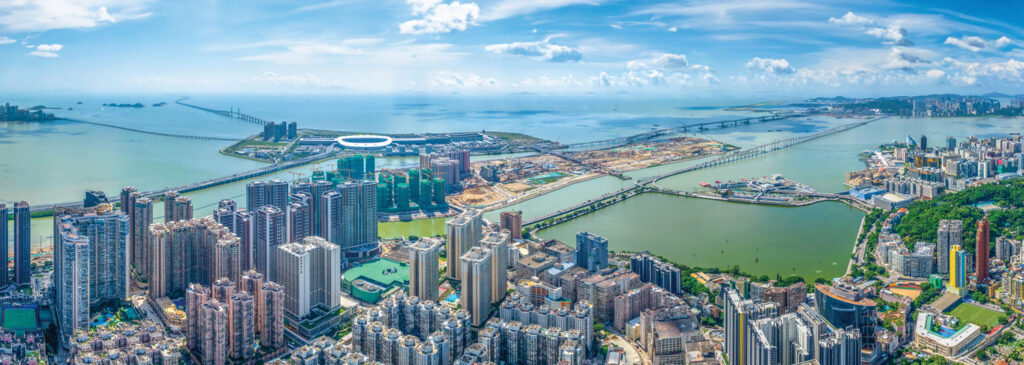
Macao’s progress proceeds in partnership with the mainland’s. Gradual integration both on a national and regional level is a necessary condition for Macao’s shining future.
This national integration process began soon after its 1999 return to the motherland, when the Central Government and SAR government inked the Mainland and Macao Closer Economic Partnership Arrangement (CEPA), which was followed by a raft of supplementary arrangements granting Macao further liberalisations and preferences. Macao, its businesspeople and professionals in particular, have benefited immensely from CEPA.
Macao’s regional integration process gained speed and substance when, in July 2017, the governments of Guangdong, Hong Kong and Macao signed the Framework Agreement on Deepening Guangdong-Hong Kong-Macao Cooperation in the Development of the Bay Area along with the National Development and Reform Commission, China’s macroeconomic management agency.
The 2019 promulgation of the Outline Development Plan for the Guangdong-Hong Kong-Macao Greater Bay Area (GBA) marked a new milestone in the development of the GBA, which many have predicted will become a world-leading sci-tech innovation hub over the coming decade.
The integration process strengthened even further in 2021, when the Central Government unveiled a masterplan for the Guangdong-Macao Intensive Cooperation Zone in Hengqin. The island offers Macao residents a broad range of benefits. Quite literally, Hengqin provides Macao with more “breathing space” – for innovation in particular. Urban planners expect the zone to propel Macao’s economic development and technological innovation to greater heights, based on the SAR Government’s ‘1+4’ economic diversification strategy.
The ‘1+4’ strategy aims to reinforce Macao’s function as a global centre for integrated tourism and leisure while facilitating the development of four emerging industries: big health; modern financial services; high and new technology; and the staging of large-scale business, sports and cultural events.
As Macao’s national integration strengthens, so too does its role on the international stage. Under the name ‘Macao, China’, the SAR is a member of the World Trade Organization, World Customs Organization, World Health Organization and the Bangkok-based United Nations Economic and Social Commission for Asia and the Pacific.
Integration and internationalisation complement each other. The Forum for Economic and Trade Co-operation between China and Portuguese-speaking Countries (known as Forum Macao) is just one example of this in action. Headquartered in its namesake city, the forum fosters trade, cultural exchanges, investment opportunities and training activities between China and nine Portuguese-speaking countries across Europe, Africa, South America and Asia. As such, Forum Macao plays a meaningful role in advancing President Xi’s holistic vision of “community with a shared future for mankind”.
Macao can also be expected to do its part to promote China’s three great international initiatives, put forward by President Xi over the past few years, namely the Global Development Initiative, the Global Security Initiative and the Global Civilization Initiative.
One of Asia’s most dynamic cities
All this growth, modernisation and integration has been achieved under the guidance of three chief executives: Edmund Ho, Chui Sai On and Ho Iat Seng. Each has conscientiously implemented the ‘One Country, Two Systems’ policy and enjoyed the Central Government’s steadfast backing.
Over the past 25 years Macao has grown into one of Asia’s most dynamic cities. But it’s also one of the world’s safest cities in terms of crime rates, as well as in a broader sense; the SAR Government is dedicated to protecting national security through appropriately updated legislation.
The SAR’s next quarter of a century will end in late 2049, with the marking of its 50th anniversary – alongside the People’s Republic of China’s centennial. As things stand, one can expect both the nation and the SAR to be enjoying highly developed, seamlessly integrated socioeconomic conditions at that time.
